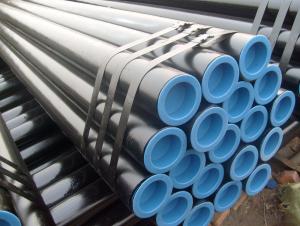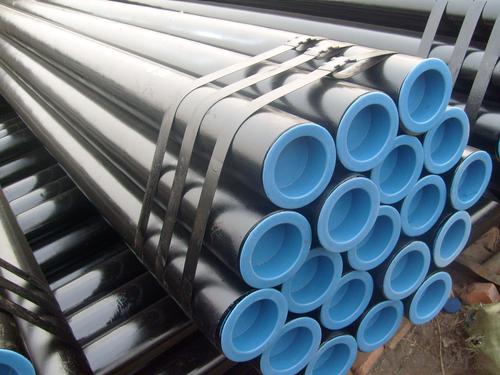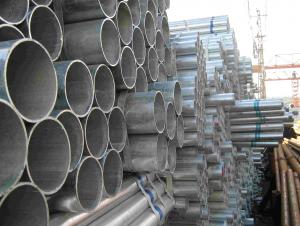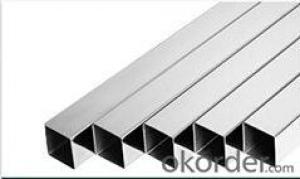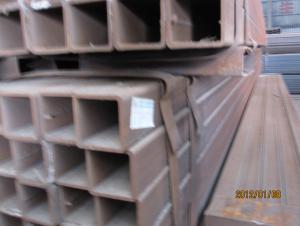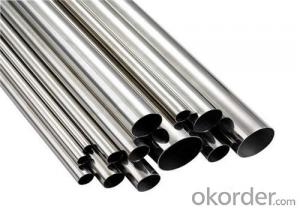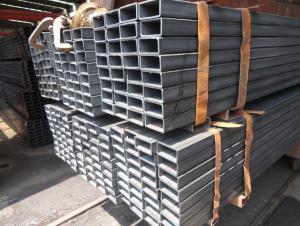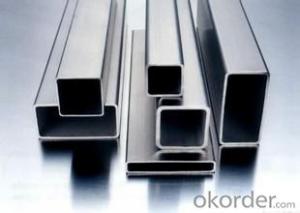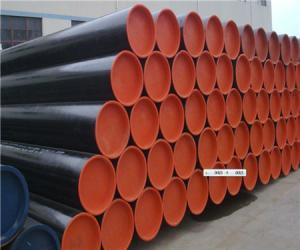Packaging & Delivery
| Packaging Details: | With bundles and load in containers or by bulk shipment. |
|---|---|
| Delivery Detail: | 30-45 days according to the contract |
Specifications
1.Size:15*15mm-400*400mm2.W.T:0.5-12mm
3.Certification:ISO9001,CE
4.Standard:GB, ASTM.BS1387
galvanized steel pipe
1.ERW galvanized steel tubes
2.OD: 10.3-219mm
3.W.T:0.6-10mm
4.Certificate:ISO 9001-2008
5.Output per month:20000 tons
ERW galvanized steel tubes | |||
O.D | O.D tolerance | W.T | Thickness Tolerance |
19--219MM | ±0.03 | 1.0--10MM | ±0.03 |
Length | 2--12M , according to customers' requirements | ||
Zinc coating | 275--350g/m2 | ||
International Standard | ISO 9001;2008 | ||
Standard | ASTM A 53 / BS 1387-1985 | ||
Material | Q195/Q215/Q235/Q345 | ||
Product Category : | Metallurgy, Mineral & Energy | ||
Technique: | Welded | ||
Packing | In bundles or according to customers' requirements | ||
Usage | 1.For low pressure liquid delivery such as water , gas and oil 2.For construction , e.g building greenhouse | ||
Main market: | Middle east, Africa, North and South America, East and West Europe, South and southeast Asia,Australia | ||
Place of Origin | China | ||
HS code: | 7306309000 | ||
Productivity | 20000Ton/Month | ||
Processing technology available: | Threading , coupling and with plastic caps protected | ||
Remarks | 1) Payment term : T/T 2) Trade Terms : FOB / CFR /CIF 3) Minimum quantity of order : 25 MT (25,000KGS) 4) Delivery period : 10 to 30 Days . | ||
